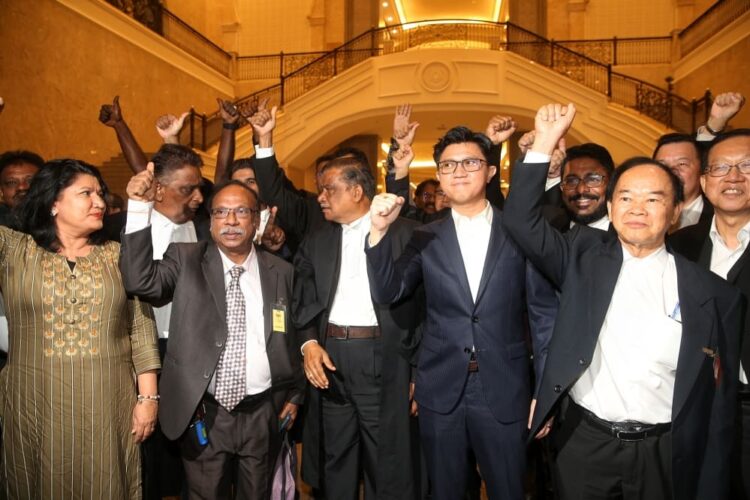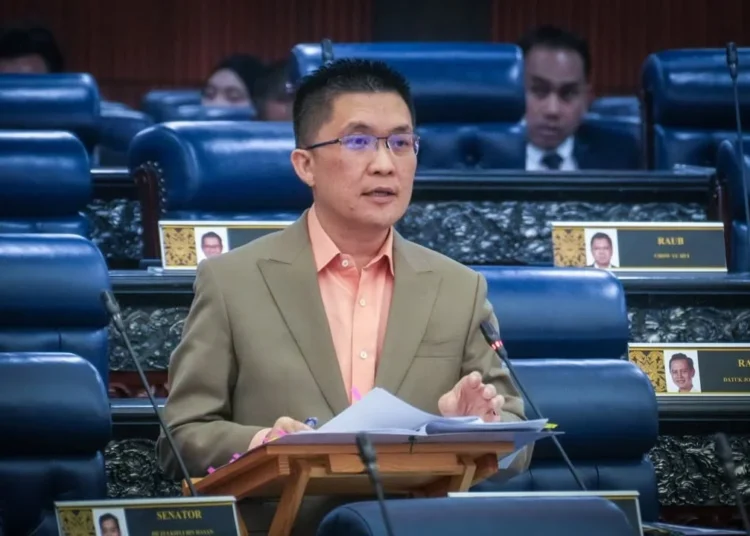Yesterday, the Court of Appeal rejected the appeals filed by four organizations that aimed to secure a declaration affirming the constitutionality of the presence and establishment of vernacular schools, as well as the utilization of Chinese and Tamil languages in those educational institutions. Vernacular schools in Malaysia, offering education in languages like Chinese and Tamil, coexist alongside the national system. Ongoing debates surround their constitutionality, while recent court decisions affirm their legality under Article 152(1)(b) of the Federal Constitution.
The Islamic Education Development Council (MAPPIM), Confederation of Malaysian Writers Association (GAPENA), and Ikatan Muslimin Malaysia (Isma) lodged appeals against the High Court in Kuala Lumpur’s December 29, 2021, rejection of their challenge to the constitutionality of vernacular schools. Another entity, Ikatan Guru-Guru Muslim Malaysia (I-Guru), also appealed a separate dismissal by a different High Court in Kota Baru, Kelantan, on May 29, 2022, regarding its challenge against the constitutionality of vernacular schools.

All four non-governmental organizations were unsuccessful yesterday, in their attempt to overturn the rulings of the two High Courts, which had affirmed the constitutionality of vernacular schools. A three-member panel, consisting of Justices Datuk Supang Lian, Datuk M. Gunalan, and Datuk Azizul Azmi Adnan, announced the decision. The judges stated that despite Malay being recognized as Malaysia’s national language, the Federal Constitution safeguards the use of Tamil and Chinese languages in vernacular schools.
Article 152(1) establishes the Malay language as the national language. Subsequently, Article 152(1)(a) specifies that individuals are not to be restricted or hindered from using (except for official purposes) or engaging in the teaching and learning of any other language.
Additionally, Article 152(1)(b) clarifies that the provisions of Article 152(1) do not undermine the authority of the federal or state governments to uphold and promote the usage and study of languages belonging to other communities.

Azizul stated that the Court of Appeal concurs with the perspective of the High Court in Kuala Lumpur, affirming that the creation and continuity of national-type schools, where Tamil and Chinese are used as mediums of instruction, do not violate the provisions outlined in Articles 5, 8, 10, 11, and 12 of the Federal Constitution. Azizul also emphasized that the High Court in Kuala Lumpur appropriately determined that the utilization of Tamil and Chinese as instructional languages in national-type schools is safeguarded under the provisions of Article 152(1)(b).
The Court of Appeal’s affirmation of the constitutionality of vernacular schools in Malaysia, and the protection of Tamil and Chinese languages under the Constitution, marks a significant legal milestone. Despite the unsuccessful challenges by non-governmental organizations, these schools continue to operate, maintaining Tamil and Mandarin as their instructional mediums. This underscores the importance of linguistic diversity within the Malaysian education system.
Follow us on Instagram, Facebook or Telegram for more updates and breaking news.








